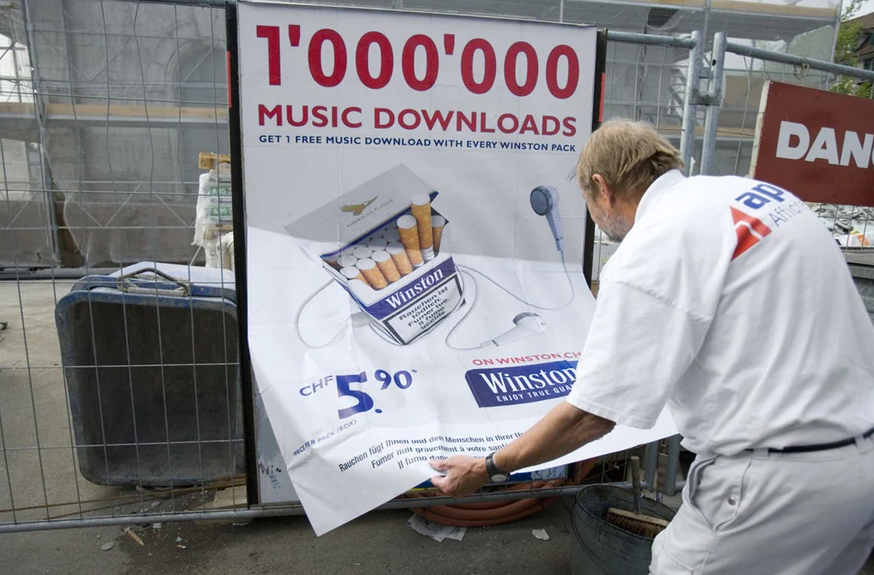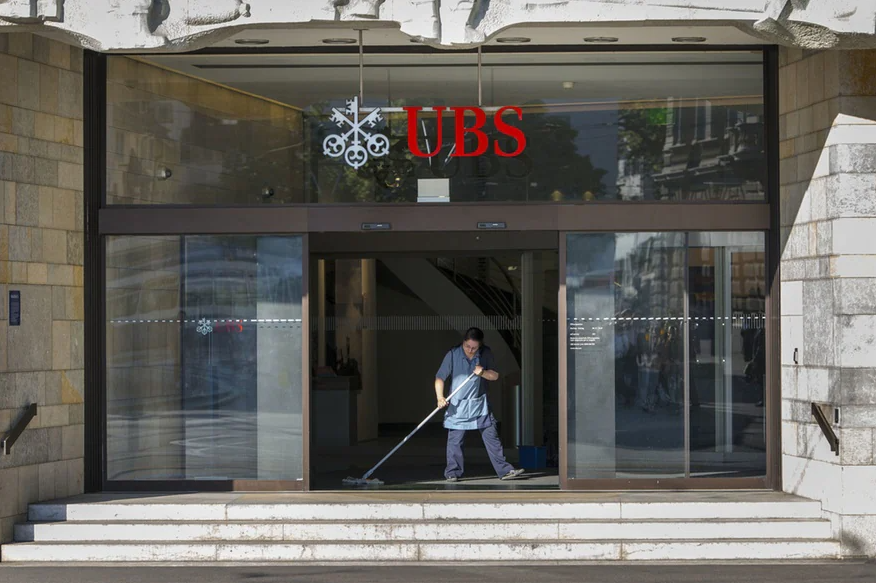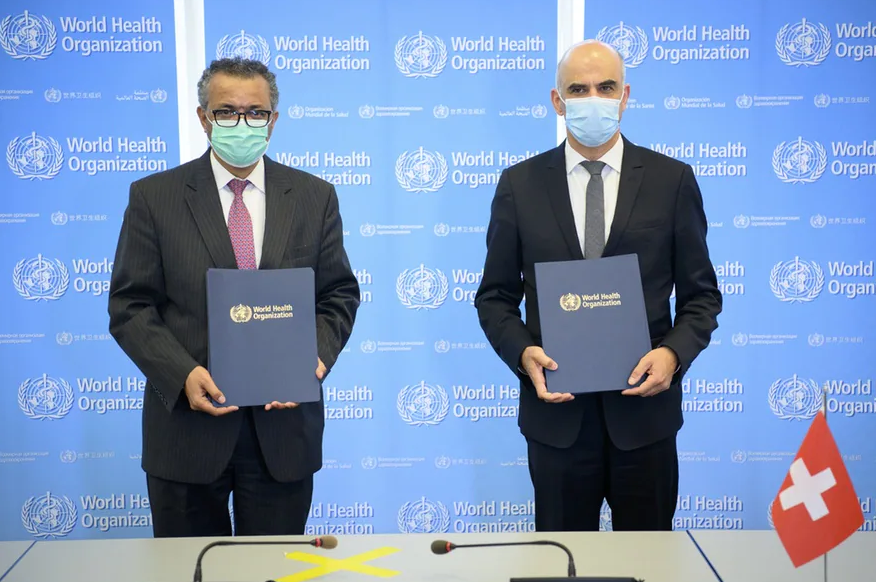Poster advertising of tobacco products and e-cigarettes that can be seen from public places – for example, here in Zurich – will be banned. © Keystone / Gaetan Bally The Swiss parliament has agreed new advertising and sponsorship regulations for tobacco products. However, the supporters of a total ban on tobacco advertising are unimpressed. The long-running debate was heated until the end, with the political left trying in vain to push through a more restrictive approach to tobacco products. Poster advertising of tobacco products and e-cigarettes that can be seen from public places, as well as advertising in cinemas, on public transport, in buildings and on sports fields, will be banned. Sponsorship is to be prohibited for events in Switzerland if they have an
Topics:
Swissinfo considers the following as important: 3.) Swissinfo Business and Economy, 3) Swiss Markets and News, Business, Featured, Latest News, newsletter
This could be interesting, too:
Nachrichten Ticker - www.finanzen.ch writes Die Performance der Kryptowährungen in KW 9: Das hat sich bei Bitcoin, Ether & Co. getan
Nachrichten Ticker - www.finanzen.ch writes Wer verbirgt sich hinter der Ethereum-Technologie?
Martin Hartmann writes Eine Analyse nach den Lehren von Milton Friedman
Marc Chandler writes March 2025 Monthly

Poster advertising of tobacco products and e-cigarettes that can be seen from public places – for example, here in Zurich – will be banned. © Keystone / Gaetan Bally
The Swiss parliament has agreed new advertising and sponsorship regulations for tobacco products. However, the supporters of a total ban on tobacco advertising are unimpressed.
The long-running debate was heated until the end, with the political left trying in vain to push through a more restrictive approach to tobacco products.
Poster advertising of tobacco products and e-cigarettes that can be seen from public places, as well as advertising in cinemas, on public transport, in buildings and on sports fields, will be banned. Sponsorship is to be prohibited for events in Switzerland if they have an international character or are aimed at an underage audience.
However, the House of Representatives on Wednesday agreed with the Senate and rejected a ban on menthol cigarettes. The conservative and centrist majority in parliament put forward economic arguments, saying a menthol ban would mean that about a quarter of tobacco products manufactured in Switzerland could no longer be manufactured.
They also argued against excessive regulation of legal products. As a result, tobacco advertising in the press and on the internet will not be banned in principle. The ban will only apply to print media and websites “intended for minors”.
WHO targets not met
Interior Minister Alain Berset expressed his disappointment at the end of the parliamentary debate on Wednesday, saying the bill was “not much progress”. He pointed out that the requirements for ratification of the World Health Organisation’s (WHO) Framework Convention on Tobacco ControlExternal link had not been met.
Swiss voters will have the last word on the issue. A public vote is expected to take place next year calling for a total advertising ban of tobacco products. The government is calling on voters to reject the initiative, which it says goes too far.
The organisers of the people’s initiative said on Wednesday that the politicians were just “going through the motions”. Children and adolescents could only be effectively protected from smoking if advertising and sponsoring did not reach them, they said. In their opinion, precisely those advertising measures that reach young people the most would continue to be permitted.
Currently tobacco advertising is not allowed on radio and television. The people’s initiative – which was handed in in 2019 after getting more than the 100,000 signatures needed – wants an absolute advertising ban in print media, online, posters, in cinemas and shops. It also aims at outlawing sponsoring by tobacco companies.
According to the Federal Statistical Office, tobacco consumption is the leading cause of death in Switzerland. Every year, around 9,500 people die from smoking. The proportion of smokers in Switzerland has not changed in the past ten years, stagnating at 27%. Tobacco consumption has been estimated to cost Switzerland CHF5 billion ($5.4 billion) a year.
Tags: Business,Featured,Latest news,newsletter








